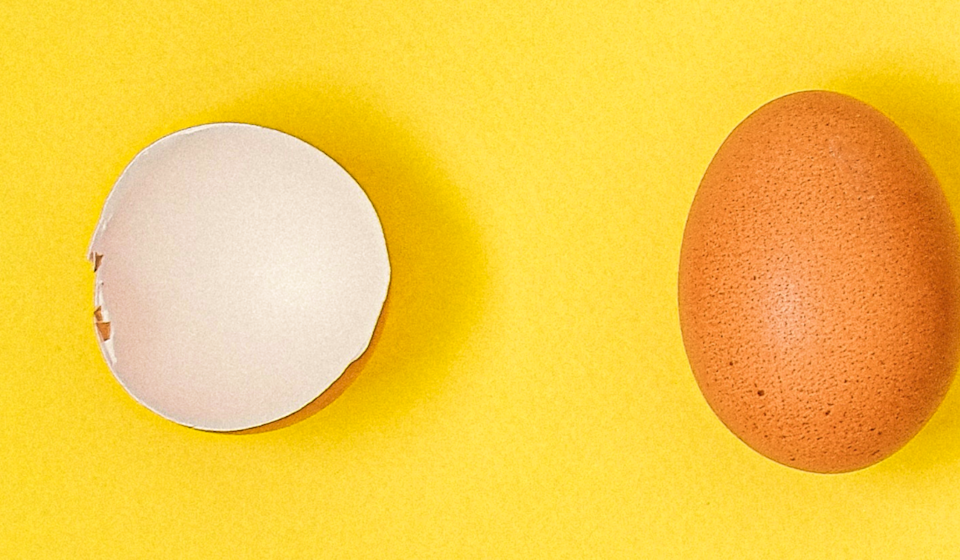Essential Takeaways
• Nothing can replace the value of asking your OB/GYN for answers about conception and pregnancy.
• OB/GYN and Ritual Scientific Advisory Board Member Dr. Jason Rothbart, MD, FACOG joins us on the Journal for a Q&A about all things preconception, fertility and pregnancy.
As a science-backed multivitamin and supplement company that’s committed to transparency in information, we’re big on providing answers to the questions we often hear from our customers looking for a prenatal multivitamin.* But there’s one thing even the most thorough of articles can never touch: the value of connecting one-on-one with a trusted OB/GYN.
Ever since Ritual’s Essential Prenatal Multivitamin was formulated, we’ve seen an uptick in questions about planning for pregnancy and early pregnancy. So, we turned to OB/GYN and Ritual Scientific Advisory Board Member Dr. Jason Rothbart, MD, FACOG for answers—and a reminder of the importance of reaching out to your provider when conception and pregnancy questions come up.











